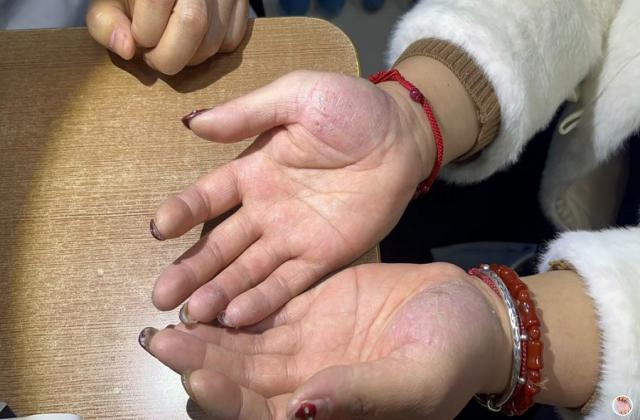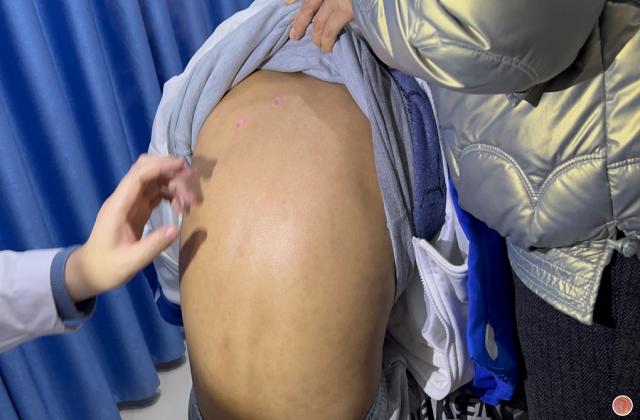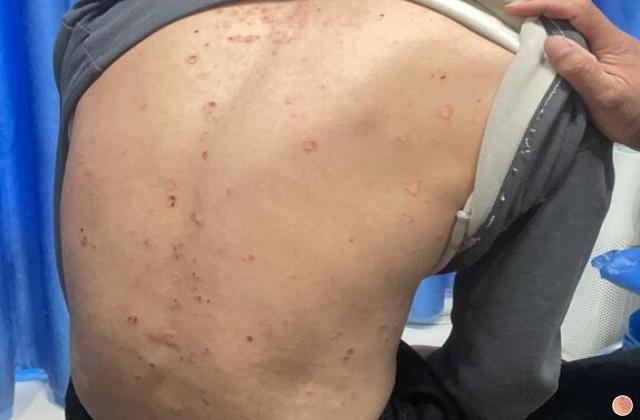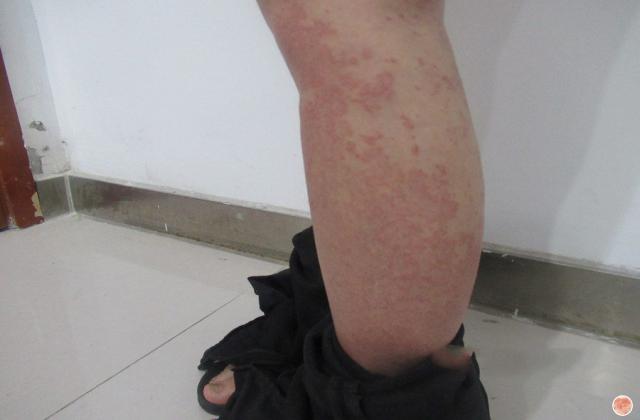我们聊聊银屑病吧英文

Let's Talk About Psoriasis

Psoriasis is a chronic autoimmune condition that affects the skin, leading to the development of red, scaly patches. This condition can be extremely uncomfortable and can impact both physical and emotional well-being. As a psoriasis expert, I am well-versed in the intricacies of this condition and can provide insight into various aspects of psoriasis.
What Causes Psoriasis?
The exact cause of psoriasis is unknown, but it is thought to be related to a malfunction in the immune system. In people with psoriasis, their immune system mistakenly attacks healthy skin cells, causing excessive growth and inflammation. Genetic factors may also play a role in the development of psoriasis, as it tends to run in families.
What Are the Common Symptoms of Psoriasis?
The most common symptoms of psoriasis are red, scaly patches on the skin. These patches can be itchy and painful, and may appear anywhere on the body. Other symptoms may include thickened, pitted or ridged nails, joint pain, and dry, cracked skin that may bleed.
What Are the Different Types of Psoriasis?
There are several different types of psoriasis, including:
1. Plaque psoriasis: This is the most common type of psoriasis, characterized by raised, red, scaly patches.
2. Guttate psoriasis: This type of psoriasis is characterized by small, bright red spots that usually appear on the trunk, arms, and legs.
3. Inverse psoriasis: This type of psoriasis causes smooth, shiny red patches in skin folds, such as under the arms, in the groin area, or behind the knees.
4. Pustular psoriasis: This type of psoriasis causes pus-filled blisters on the skin.
5. Erythrodermic psoriasis: This is the least common type of psoriasis, but can be severe. It causes severe redness, itching, and pain over large areas of the body.
How Is Psoriasis Diagnosed?
A dermatologist can usually diagnose psoriasis based on a visual examination of the affected skin and a discussion of your medical history. In some cases, a skin biopsy may be recommended to confirm the diagnosis.
What Are the Treatment Options for Psoriasis?
Treatment for psoriasis depends on the type and severity of the condition, as well as the patient's overall health. Some common treatment options for psoriasis include:
1. Topical treatments: This includes creams and ointments that are applied directly to the skin to reduce inflammation and itching.
2. Phototherapy: This involves exposing the skin to ultraviolet light, which can help slow down the growth of skin cells.
3. Oral medications: These are prescription medications taken orally to treat moderate to severe psoriasis.
4. Biologic drugs: These are injectable medications used to treat moderate to severe psoriasis by targeting specific parts of the immune system.
5. Lifestyle changes: Making healthy lifestyle choices, such as maintaining a healthy weight, managing stress, and quitting smoking, can also help manage psoriasis symptoms.
Is There a Cure for Psoriasis?
Currently, there is no cure for psoriasis. However, with proper treatment and management, many people with this condition are able to live normal, fulfilling lives. It is important for individuals with psoriasis to work closely with their healthcare provider to develop a treatment plan that works for them.










